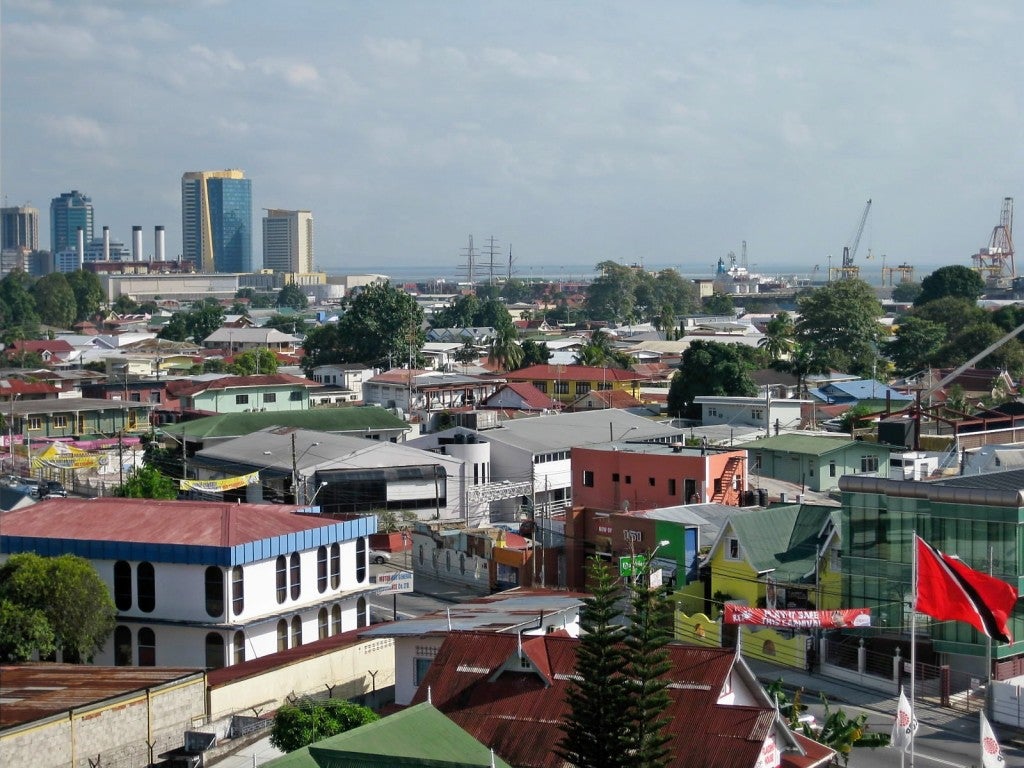Photo author Magda Theodate
Part II of II
In this continuing coverage of the challenges of effective project procurement implementation in the Caribbean, additional modern solutions to unleash the potential for success in project procurement are considered:
1/ Maximize resources through the Freelance Economy
In 1998, the Harvard Business Review published an article predicting changes in how work would be done by the turn of the century. The Dawn of the E-Lance Economy sent waves through the consulting world, and its theories proved to be correct: the internet would become a game changer for clients and freelancers who had never met face-to-face, to come together or compete to produce or sell goods and services, then disband once the job was done. For island states, built-in constraints of infrastructure and transport costs virtually disappear once services are provided through the internet economy.
Individuals versus firms
Today’s business model for individual consulting makes it easier, more flexible and cheaper than ever before for public sector buyers to procure highly-specialized service providers worldwide, through online networks. Yet, in the Caribbean and elsewhere, procuring entities often confuse when to hire a firm versus contracting with an individual. For specialized services in particular, exploration and outreach are critical to identify suitable candidates early on and capitalize on their availability and expertise, while diminishing barriers such as distance and language. Today’s digital networks such as Guru.com, SoloGig, Upwork and even LinkedIn, make searching for candidates based anywhere, easily accessible.
One under-optimized resource is the diaspora community. Many countries in the Caribbean have large diaspora populations concentrated in specific parts of the world, often with the skills and desire to support local knowledge transfer. Although some countries have well-developed programs of interaction with their diaspora communities as a matter of government policy, the procuring entities themselves fail to tap into this market. The Doing Business seminars should target diaspora organizations for project support, through local city councils, chambers of commerce, and consulates, in addition to advertising events in North American cities with large Caribbean diaspora populations such as Miami, New York, Boston and Toronto.
Given the pressure for public sector leaders to do more with less in today’s challenging economic environment, tapping into individual talent, thus stimulating entrepreneurship, best in class competition, and job creation, would create a measurable social impact through public procurement.
2/ Use Innovative financing models for procurement
In recent years there’s been an emergence of significant development financing from private and philanthropic sources. These include corporate social responsibility funds, foundation endowments, and social philanthropists who want to support country development goals, while also seeing a return on their funds in terms of quantified social impact and financial sustainability/ longevity of their funded projects.
Why not, then, match these social investors to private sector and government enterprises in the Caribbean region so that their donations fund innovative procurement for development, in much the same way grants are used? One example is through Social Impact Bonds, a type of public-private contract of stated development outcomes that purport to generate public sector savings. The financing mechanism provides for a return on funds invested, if pre-set social outcomes are met in accordance with pre-approved measurement standards. They offer one method of ensuring that social philanthropists maximize the return on their investment. All the while, the government backing the bond retains its own funds for the bond period to use for other projects or debt servicing. Part of the savings from the reduced costs to the government, is typically used to repay the investors in the form of interest for fronting the project costs.
The IDB Connect Americas platform could be a conduit for such “philanthropic matching,” boosting intra-regional trade, competitiveness and access to philanthropic funds. In today’s socially conscious business culture, social innovation partnering is aligned with futurist thinking, and can bring a new, dynamic dimension to how procurement is implemented.
The options outlined are by no means the only solutions possible, but within them lies the potential for governments and international financing institutions to get “more bang for their buck,” and for citizens to be empowered to optimize the social value of development dollars all over the Caribbean.
Follow us on Twitter: @IDB_CarDevTrend


The use of electronic conferencing for island states has large potential to save both consultants and governments time and money. As a consultant who has worked extensively in the Caribbean i find that some government procurement entities still insist on paper proposals and do not have simple communication facilities such as a Skype or other technology.
David, thank you for your commentary. I totally agree with you! It’s a significant barrier that could easily be tackled. Let’s hope the powers that be take action soon. I wanted to write about it too, but space limitations prevented me from adding more details.